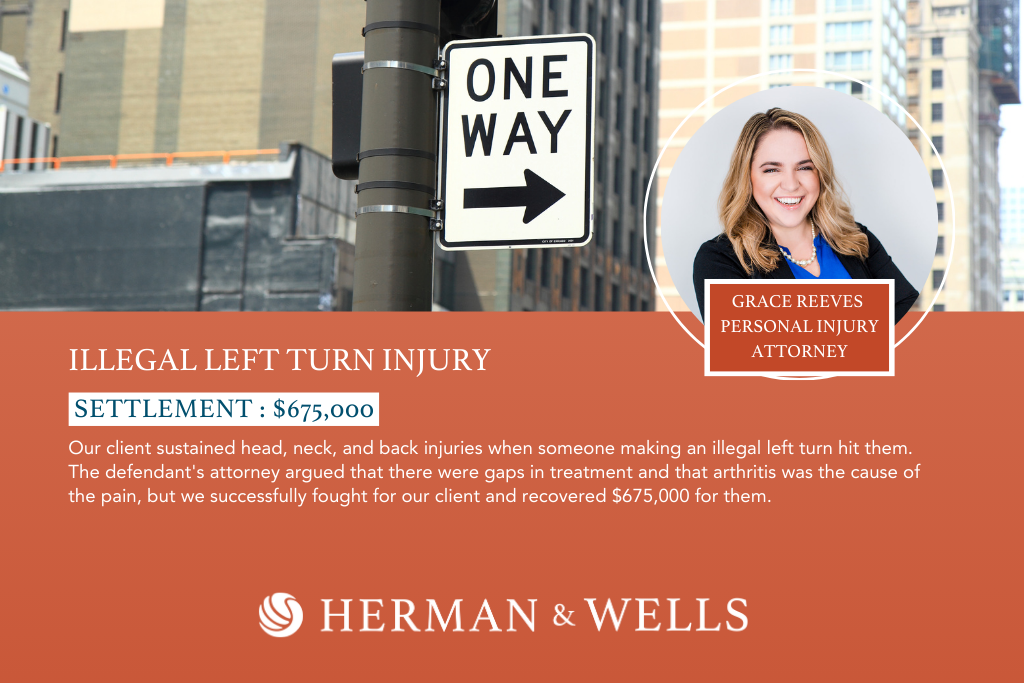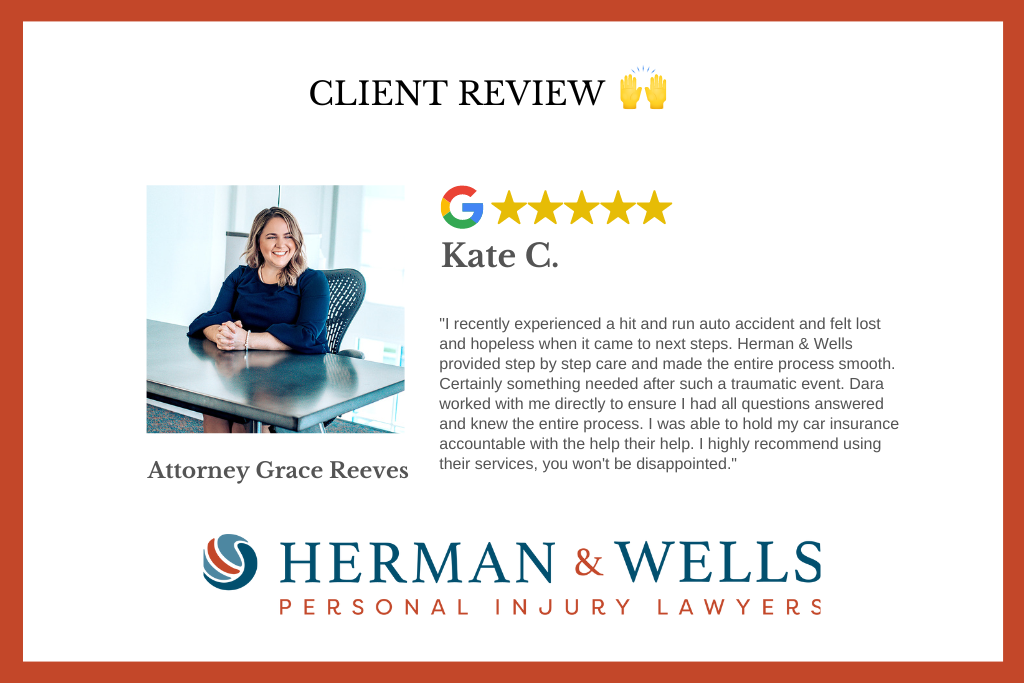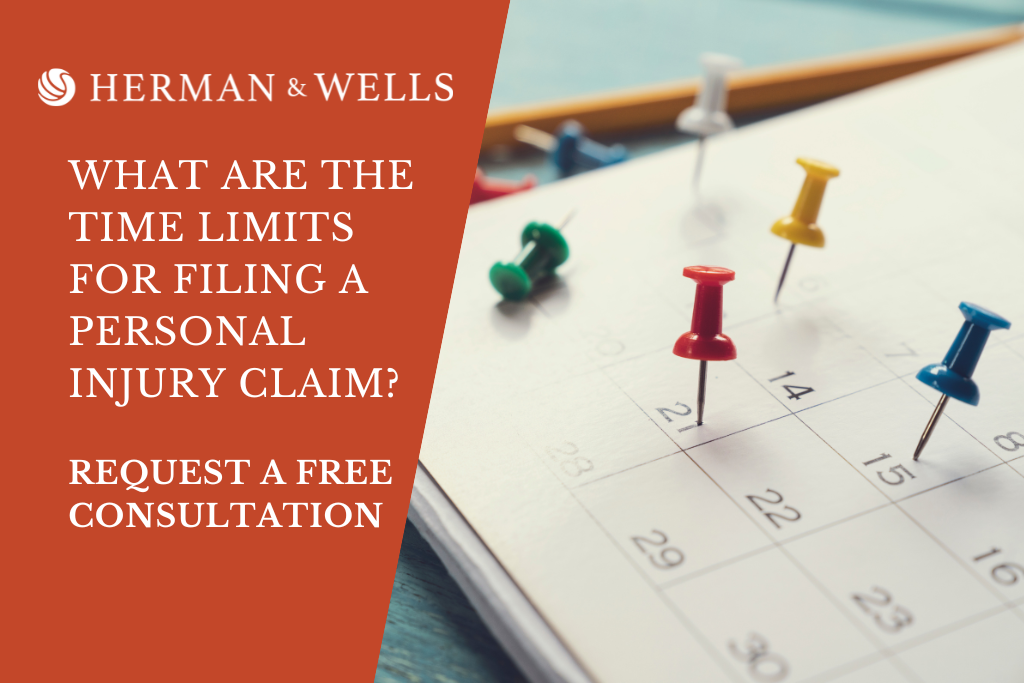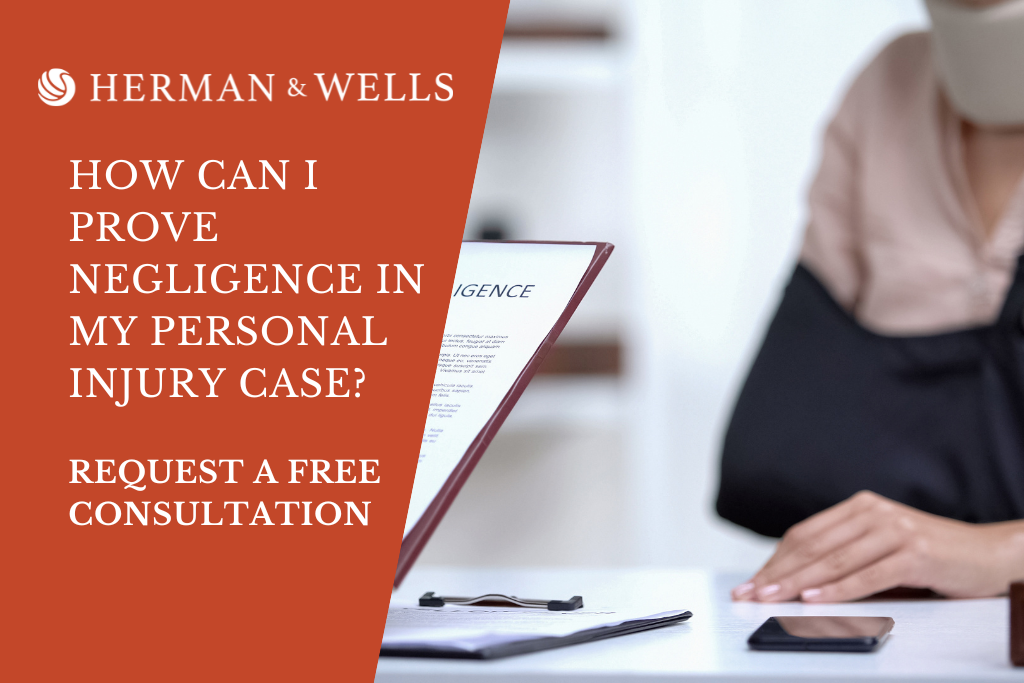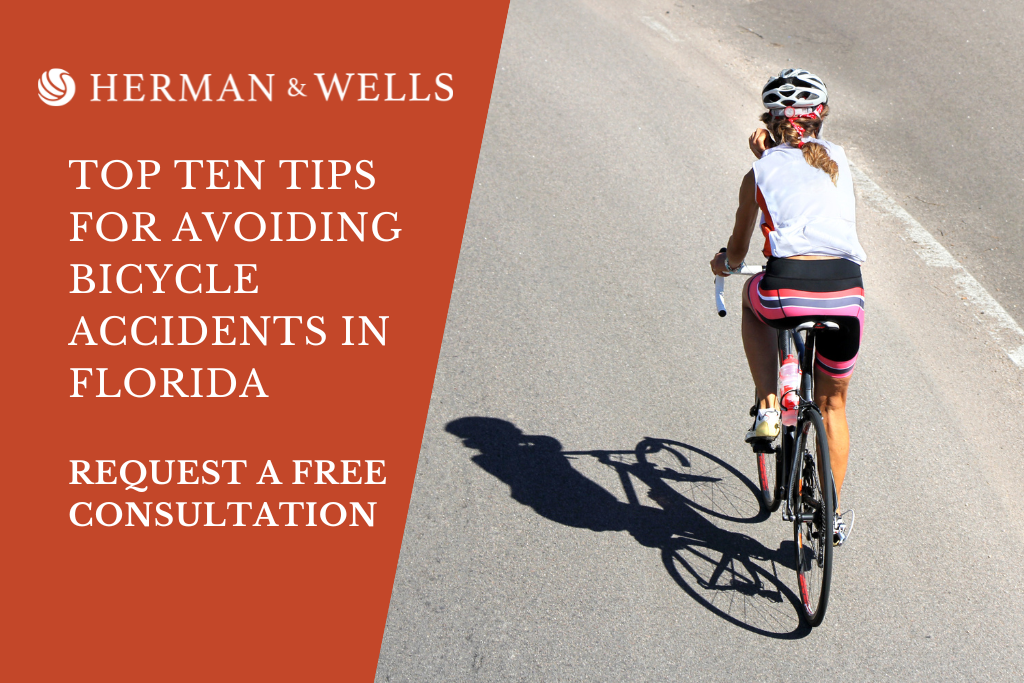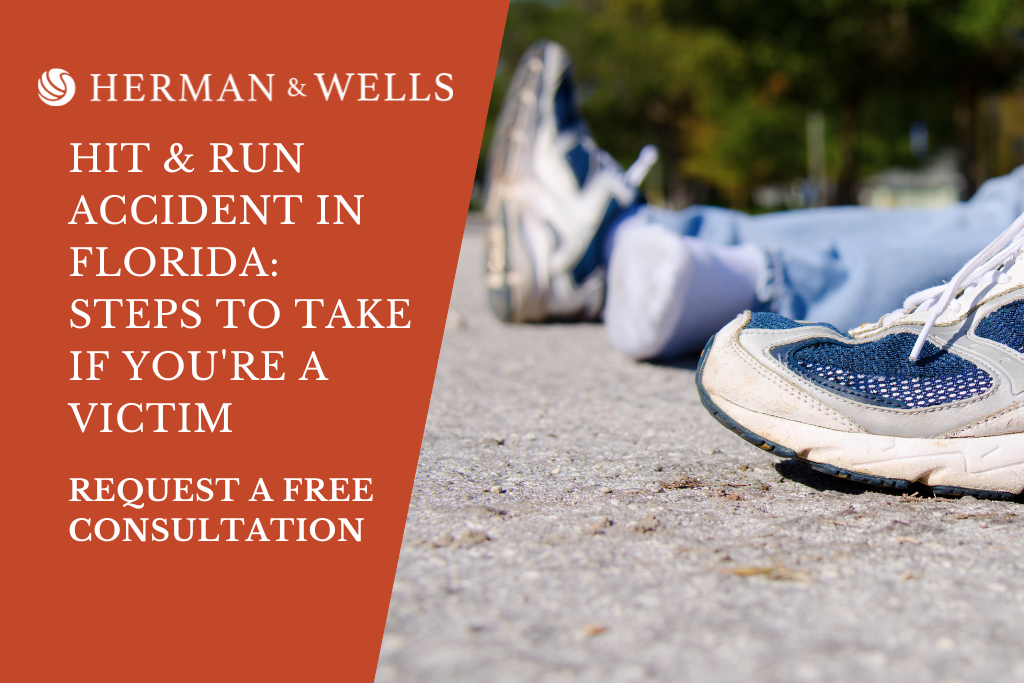After an automobile accident, you’re swept up in a world of insurance providers, tow trucks, and care for your family. You may be so focused on getting your life back in order that you ignore your own personal health.
Overlooking injuries can be dangerous after a crash. Even if you feel like you are fine, your injuries could be more serious than you think. Most experts recommend seeing a doctor within 72 hours of a car accident to make sure you can recover fully.
Let’s explore four types of injuries you can experience after a crash and why they should be taken seriously.
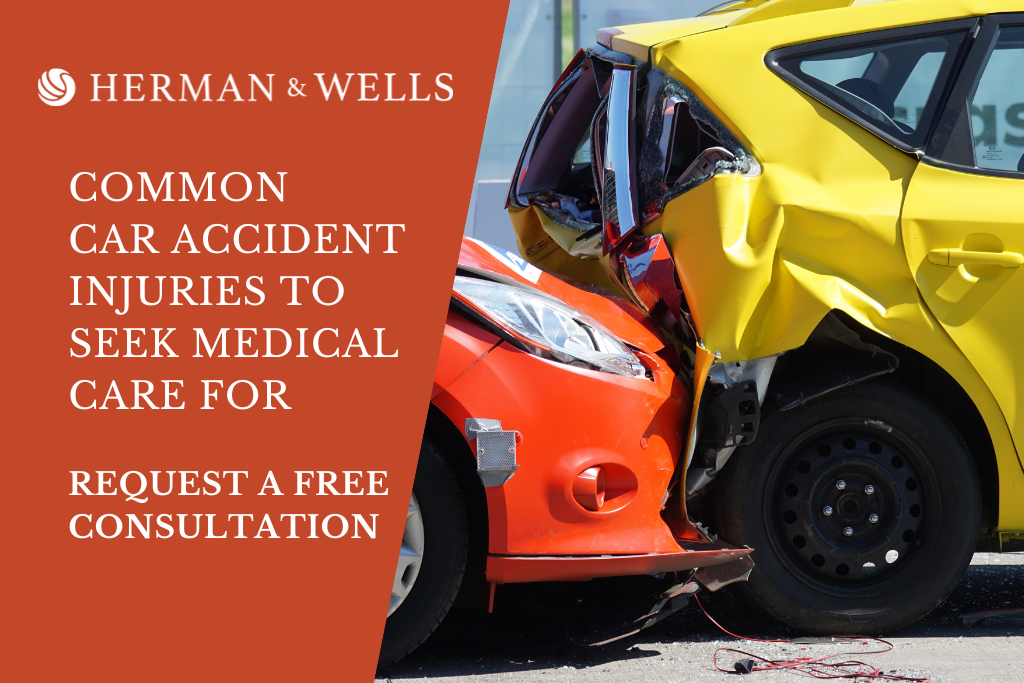
The Cliff Notes: Key Takeaways From This Post
- 1Whiplash is a common car accident injury caused when the body moves rapidly forward and the head and neck snaps back; it can be prevented with a headrest but up to 50 percent of cases still lead to chronic problems.
- 2Traumatic brain injury (TBI) like concussions can be serious, with 2.8 million emergency room visits in 2013 from such injuries and 50,000 deaths reported.
- 3Internal bleeding can occur due to trauma or punctures from foreign objects; warning signs include abdominal pain/swelling, dizziness, fainting, nausea or severe headaches.
- 4Broken bones range in severity and healing time – it may take up to two months (or more) for recovery and medical treatment is an important aspect of ensuring proper compensation after a car accident.
Whiplash Injuries
Whiplash is one of the most common car accident injuries. It occurs when your body is thrust forward during a crash causing your head and neck to snap back when your seatbelt or airbag catches you. While your headrest can reduce the impacts of whiplash, it can’t prevent it entirely.
There are more than three million new cases of whiplash each year, and up to 50 percent of these cases lead to chronic neck problems. To prevent this, look for the warning signs. If you have pain in your neck, stiffness, pain in your upper arms, dizziness, or fatigue, you may be experiencing whiplash.
Concussions and Brain Damage
A traumatic brain injury (TBI) like a concussion might not be obvious at first. Some symptoms may manifest after a few hours and you might just think that you have a bad headache. Unfortunately, these injuries are incredibly serious. In 2013, about 2.8 million people visited the emergency room because of a TBI and 50,000 people died from their injuries, according to the CDC.
Concussions occur when the force of trauma makes your brain hit your skull and jostle around your head. If you hit your head during the crash, seek treatment immediately. Something you think is minor could actually be a major problem.
Internal Bleeding
What looks like a dark bruise could actually be internal bleeding. Internal bleeding is either caused by trauma hitting your body (like when your body hits a wall) or by punctures from foreign objects.
There are a few key signs that you are experiencing internal bleeding instead of just bruising. These include abdominal pain and swelling, dizziness, fainting from blood loss, nausea, or severe headaches. These are all warning signs that your internal organs aren’t functioning properly and that you should seek medical attention immediately.
Broken Bones
Broken bones come in all break types and parts of the body. In a car accident, you might have minor broken bones in a few fingers, or major breaks in your ribs, arms, legs, or collarbone. Depending on the location of the break, your doctor may recommend surgery or put you in a cast for a few weeks. It can take up to two months (and sometimes more) to heal.
Your health is the first priority in the moments after a car accident. However, seeking medical treatment can also help your insurance claim. You can prove that you took the injury seriously and collect detailed information on the events after the crash.
Let a medical professional help you heal and then call the personal injury attorneys at Herman & Wells to make sure you get the compensation you need following a crash.
